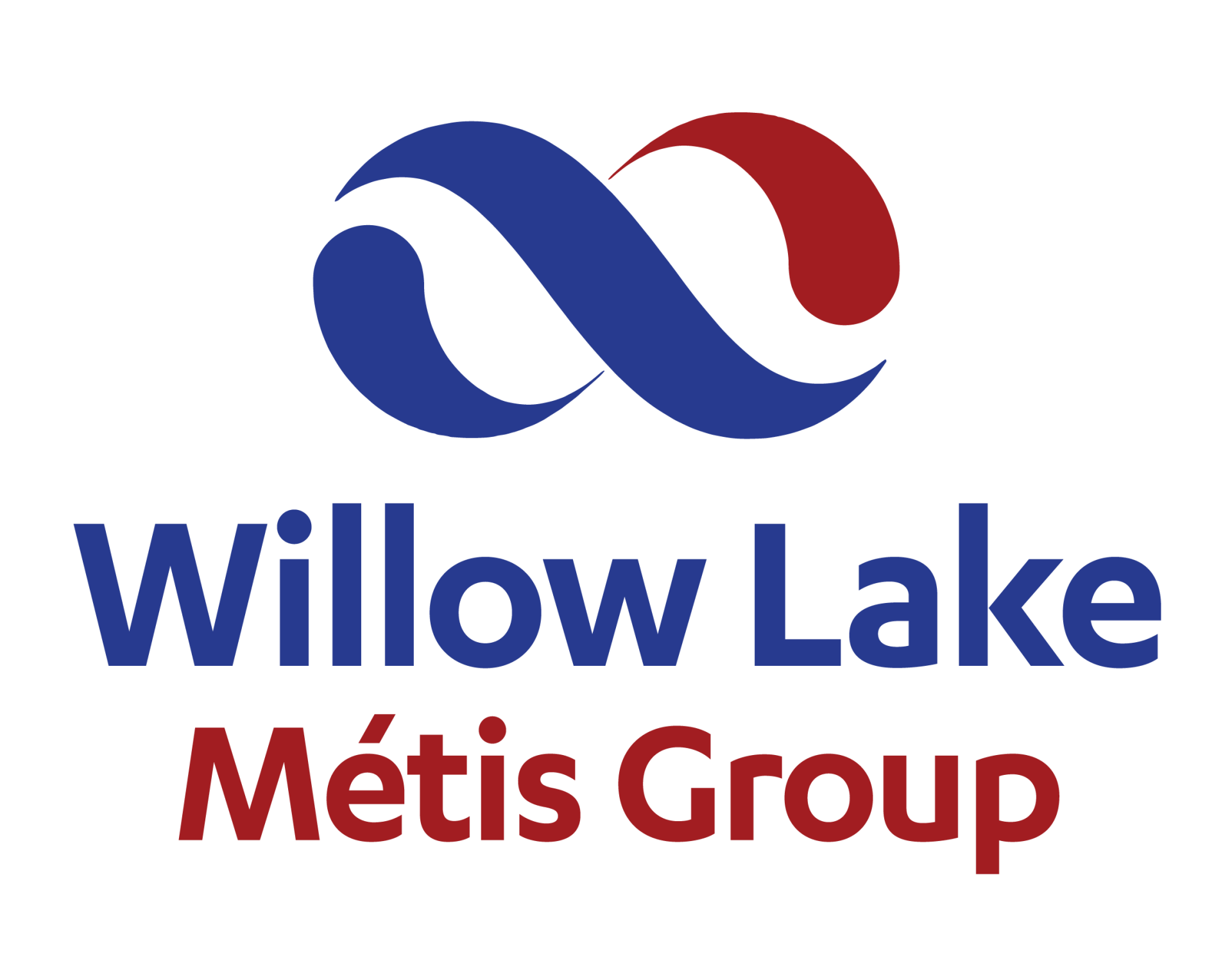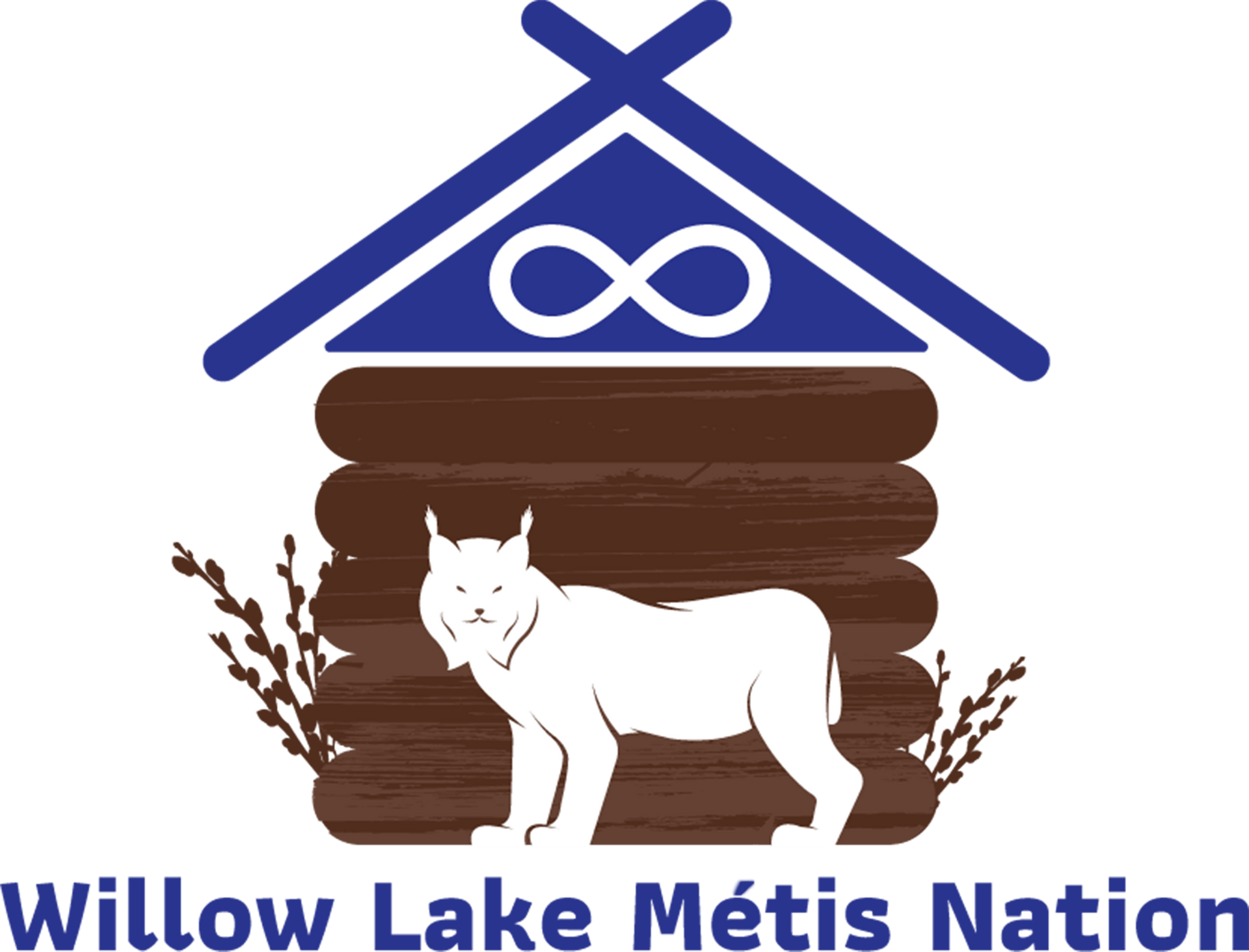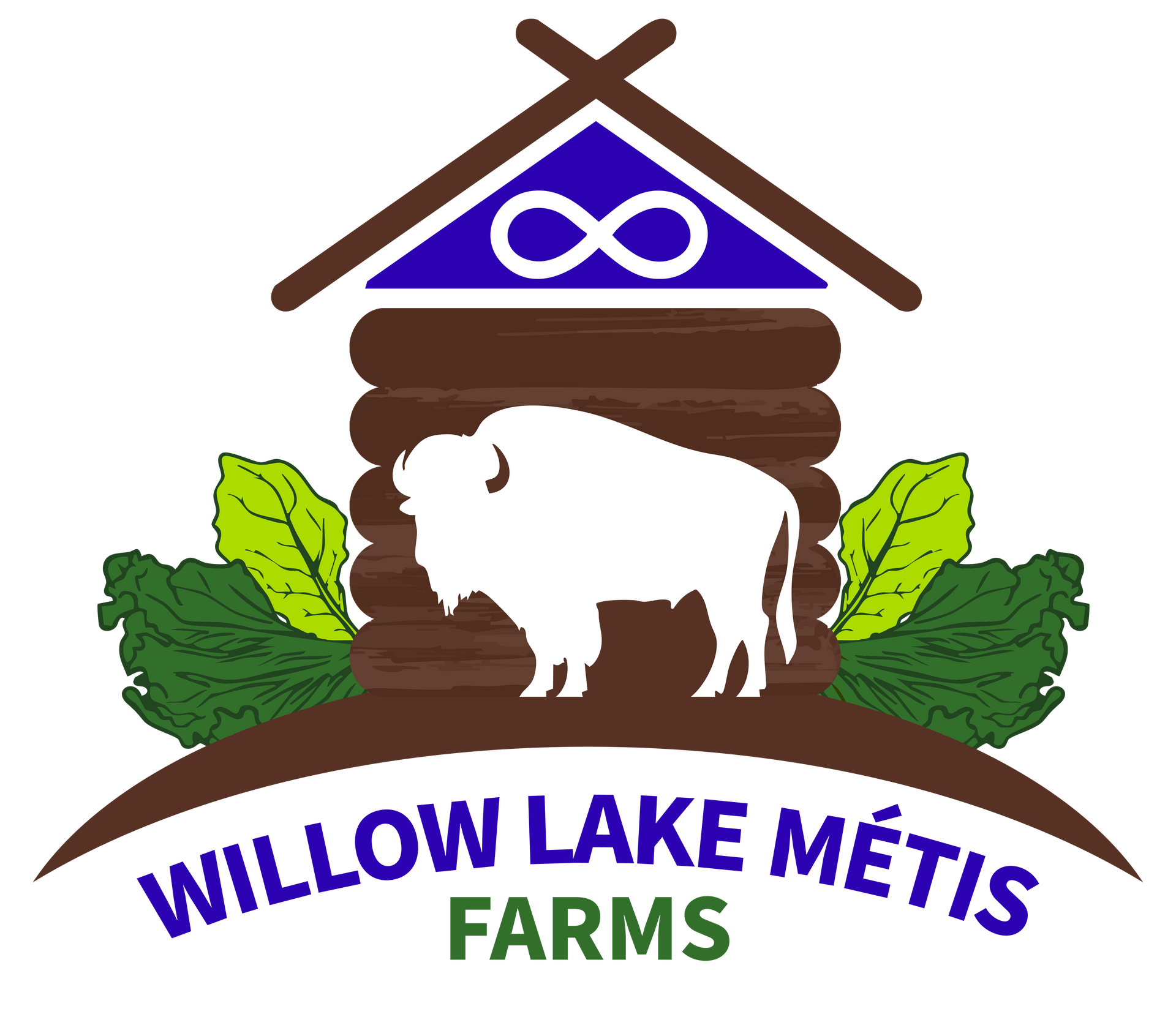On November 12, 2024, the Willow Lake Métis Nation (WLMN) hosted an impactful Indigenous Environmental, Social, and Governance (IESG) Workshop at the Anzac Recreation Center. This gathering marked a key milestone in uniting traditional Métis values with modern ESG practices, bringing together the Nation’s Elders Circle, its staff, and the Sustainability Steering Committee to shape a vision for the Nation's future.
A Platform for Progress
The workshop focused on evaluating WLMN's current efforts while identifying opportunities to enhance IESG initiatives. Discussions also touched on defining sustainability and exploring environmental, social, governance and Indigenous reconciliation priorities.
Traditional Environmental Knowledge
Western views often exclude the spiritual, relational, and holistic perspectives central to many Willow Lake Métis Nation’s worldviews, which regard all elements of the environment, including land, air, water, and animals, as interconnected, living, and embodied with spirit. The principle of Wahkohtowin (kinship and interconnectedness) reflects WLMN’s deep respect for the land, water, air, and all living beings. There is no prioritization of environmental elements, all are viewed as equally important.
Social Highlights
WLMN’s Citizen programs play a vital role in the social dimension of IESG, fostering community capacity, cultural continuity, and youth empowerment. Willow Lake Métis Nation’s social supports tie back to IESG through empowerment & self-sufficiency, community well-being & growth, cultural identity & inclusion, stronger social network, and breaking cycles.
Governance Insights
The workshop highlighted the critical role of ethics, transparency, and board diversity in governance. Participants explored ways to strengthen WLMN's leadership through accountable practices and robust oversight mechanisms that reflect both traditional values and contemporary expectations. These insights lay the groundwork for a more dynamic and inclusive governance framework.
Driving Indigenous Reconciliation
A central theme of the discussions was the integration of Indigenous knowledge and rights into ESG practices. Priorities included preserving WLMN’s cultural identity, protecting land use, and promoting equitable opportunities within projects. By weaving these principles into its ESG pathway, WLMN is setting a benchmark for reconciliation that bridges its heritage with sustainable development.
Thoughts on Sustainability
At the heart of our mission lies a deep respect for the land and a longstanding connection to WLMN, grounded in history, culture, and traditional knowledge. We are committed to a balanced approach to development, ownership, and environmental stewardship that ensures the health of our natural resources—clean water, thriving wildlife, and fertile land that supports hunting, harvesting, and sustainable food systems.
Our vision is to build a resilient, independent Nation through responsible reclamation and measured, thoughtful decision-making. By investing in future generations, we aim to foster long-term growth while preserving our language, culture, and values.
We are committed to growing more food, supporting healthier living through clean air and water, and protecting the plants and animals that share our ecosystem. Grounded in fairness, knowledge, and accountability, our efforts prioritize the sustainability of resources for those who come after us.
As we move forward, our focus on financial freedom, local self-sufficiency, and reduced reliance on external inputs will support a thriving, equitable, and culturally rooted community. Together, we strive toward a shared future that upholds the integrity of the land, sustains our prosperity, and honors the traditions that define us.
Next Steps
With these priorities in mind, WLMN is preparing for the next phase of its journey, which includes:
- Finalizing the sustainability framework, along with defined IESG priorities.
- Use the in-depth current-state analysis to guide WLMN’s IESG strategy.
- Establishing long-term sustainability goals and measurable benchmarks.
A Vision for the Future
This workshop is more than a step forward; it’s a reflection of WLMN’s commitment to its land, culture, and people. By embracing Métis knowledge and heritage while advancing innovative governance practices, WLMN is laying the foundation for a resilient and prosperous future.
As these initiatives unfold, they serve as a testament to WLMN’s leadership in harmonizing tradition with modernity. This journey is one of collective purpose, aimed at building not only sustainability but a legacy of equity, empowerment, and community for generations to come.




